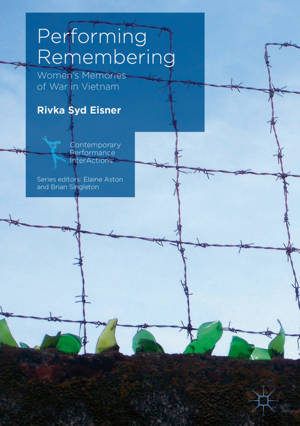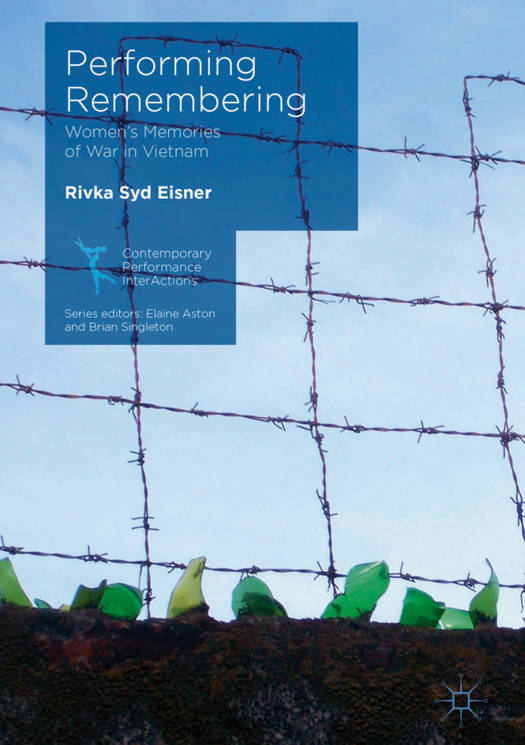
- Retrait gratuit dans votre magasin Club
- 7.000.000 titres dans notre catalogue
- Payer en toute sécurité
- Toujours un magasin près de chez vous
- Retrait gratuit dans votre magasin Club
- 7.000.0000 titres dans notre catalogue
- Payer en toute sécurité
- Toujours un magasin près de chez vous
Description
This book explores the performances and politics of memory among a group of women war veterans in Ho Chi Minh City, Vietnam. Through ethnographic, oral history-based research, it connects the veterans' wartime histories, memory politics, performance practices, recollections of imprisonment and torture, and social activism with broader questions of how to understand and attend to continuing transgenerational violence and trauma. With an extensive introduction and subsequent chapters devoted to in-depth analysis of four women's remarkable life stories, the book explores the performance and performativity of culture; ethnographic oral history practice; personal, collective, and (trans)cultural memory; and the politics of postwar trauma, witnessing, and redress. Through the veterans' dynamic practices of prospective remembering, 'pain-taking', and enduring optimism, it offers new insights into matrices of performance vital to the shared work of social transformation. It will appeal to readers interested in performance studies, memory studies, gender studies, Vietnamese studies, and oral history.
Spécifications
Parties prenantes
- Auteur(s) :
- Editeur:
Contenu
- Nombre de pages :
- 325
- Langue:
- Anglais
- Collection :
Caractéristiques
- EAN:
- 9783319736143
- Date de parution :
- 29-08-18
- Format:
- Livre relié
- Format numérique:
- Genaaid
- Dimensions :
- 148 mm x 210 mm
- Poids :
- 566 g

Les avis
Nous publions uniquement les avis qui respectent les conditions requises. Consultez nos conditions pour les avis.






